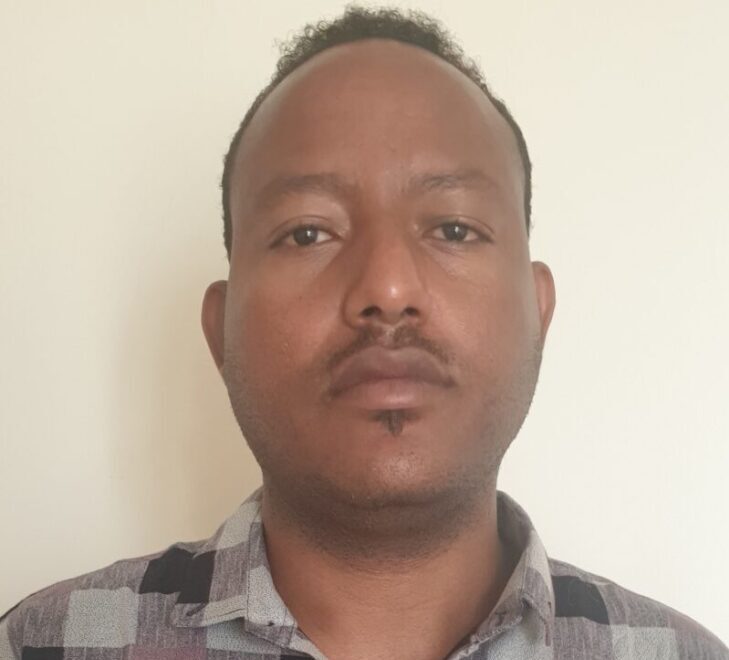We at SPKI are very happy to welcome our new employee, Dr. Ashenafi Zebene Woldaregay, who just started as a Data Scientist on the 1st of March 2022. Before joining us, he had been working as Assistant Professor at UiT, Faculty of Science and Technology, Department of Computer Science – Health informatics and Technology Group.
Ashenafi holds a Ph.D. degree in computer science and an MSc degree in Telemedicine and eHealth from UiT, Faculty of Science and Technology, Department of Computer Science. Further, he holds an MSc degree in Computer Engineering from Addis Ababa Institute of Technology and a BSc degree in Electrical Engineering from Hawassa University, Ethiopia. He conducted his Ph.D. work focusing on developing personalized health model-based digital infection detection tools using artificial intelligence (AI) and pattern recognition methods exploiting self-recorded data from people with diabetes.
Besides his Ph.D., Ashenafi has been researching on diverse topics related to mHealth, diabetes self-management, dashboard system for clinical consultations, wearable sensors, physical activity, motivation and persuasive technology, scale-space representation and reinforcement learning, digital image processing and biometric-based human recognition system, telemedicine services for arctic search and rescue operations.
Ashenafi’s research interest lies towards artificial intelligence and machine learning methods development and its applications in healthcare, e.g. modeling of health data generated from individuals, healthcare and other biobanks to improve individual and public health, and other areas of health informatics including clinical decision support system, image-based automatic diagnosis, mHealth system, digital infectious disease detection, feedback and recommender system, closed-loop system for control application, mobile computing and medical sensor system, and motivation and persuasive technology. At SPKI, as a Data Scientist, he is looking forward to contributing to clinical AI research exploiting different data types, e.g., structured/unstructured, image modalities, and other types of data that come from different data sources, e.g., EHR, registry, and others.
